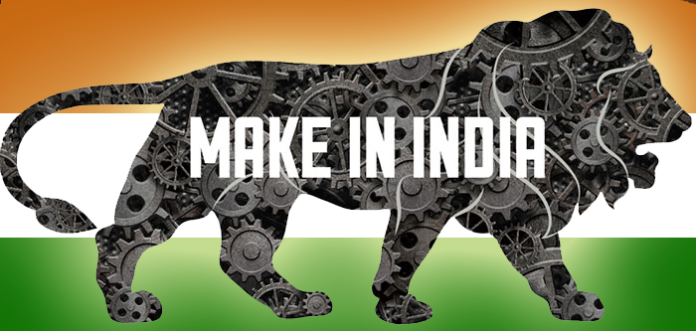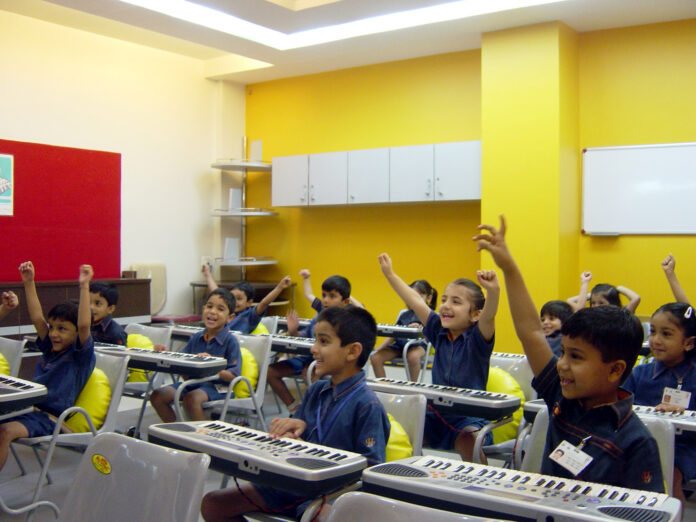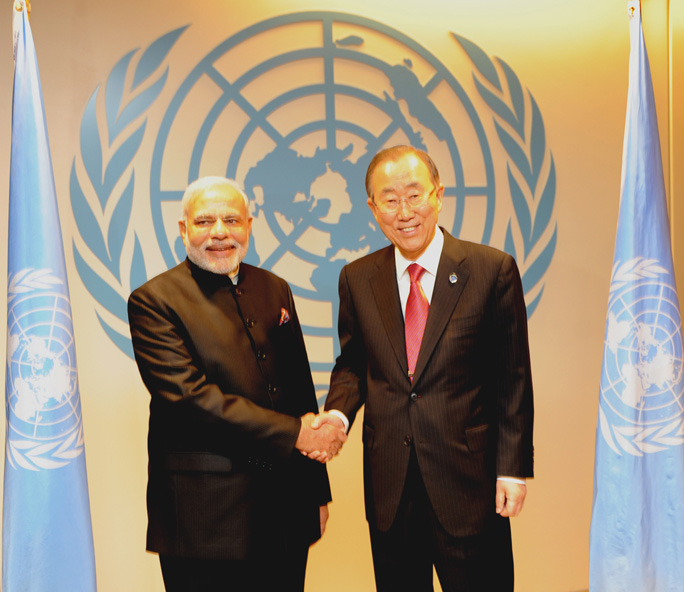The State of the World’s Volunteerism Report 2015 is the first global review of the role of volunteers in improving the way citizens are governed and engaged. It draws on evidence from around the world, including case studies from the Asia-Pacific region, and specifically India, Bangladesh, Sri Lanka and China. The report shows how volunteers are working with governments and civil society to hold those in power to account, to influence policies and laws and to represent the voices of those who are often left out of development decisions such as women, youth and marginalised groups.
It calls on governments to do more to include volunteer voices in decision-making if they want to achieve more inclusive- and ultimately more effective – development.
“Selfless service is the fountainhead of all moralities, all values and all virtues”, said Mr. Rajeev Gupta, Secretary, Ministry of Youth Affairs and Sports (MoYAS), Government of India, at the launch of the report in New Delhi. “Volunteerism in its purest sense is selfless service – service to the community, service to the nation, and service to the world at large.”
More than 1 billion people volunteer globally and many are in the forefront of efforts to improve the way they and their fellow citizens are governed and engaged. Examples from the Asia-Pacific region featured in the report include:
- Women from villages in Uttarakhand in northern India who have become powerful voices in local decision-making by volunteering in ‘Whole Village Groups’, engaging with local authorities on a wide range of issues such as monitoring the performance of local schools or influencing how local forests and water resources are used
- Bangladesh’s volunteer voices, which helped get more than 150 apparel corporations from 20 countries to sign an Accord requiring independent safety inspections in manufacturing facilities, following the collapse of the Rana Plaza factory in April 2013
- China’s grassroots activists who monitor pollution to improve air quality reporting, encouraging the government to publish the smaller particulate measures and commit to lower pollution levels by 2016
As the world’s governments prepare to agree the new Sustainable Development Goals at the United Nations in September to replace the Millennium Development Goals (MDGs), the report says there is widespread agreement that future development efforts will have to include radically different approaches in order to better engage people in their own, their communities’ and their countries’ development.
While the MDGs successfully galvanised people around clearly articulated targets, they have fallen short of their ambition in some issues and in some countries because countries’ development efforts have not sufficiently reflected the needs of all citizens, the report says.
Speaking at the launch of the report, UNV’s Deputy Executive Coordinator Rosemary Kalapurakal said: “The potential of volunteers to help create truly people-centred development is enormous, but, as yet, far from fully tapped. In order to achieve the new Sustainable Development Goals, we need to see the participation of all sections of society. Volunteers have a critical role to play in representing the voices of those who are often excluded from development decisions, including women, youth and other groups who may be marginalised”.
The Report mentions the role of 20 million volunteers in immunisation against polio globally. “We are very proud that India was declared polio-free in 2014 after almost twenty years of fighting the disease, a stupendous achievement for the country made possible with the support of more than 2.4 million Indian volunteers,” said Mr. Louis George Arsenault UN Resident Coordinator a.i.
The report finds that countries that provide a supportive “enabling environment” for volunteers tend to reap the rewards of their inclusion in decision-making. It praises some governments such as Peru, Mozambique and Norway who have passed laws and set up frameworks to formalise the contribution of volunteers. But it says too many other governments are failing to acknowledge – and leverage – the immense potential of volunteers to help them chart a more successful development path. It calls on all governments to “go beyond the rhetoric of participation” and take concrete steps to help the world’s volunteers actively contribute to the decisions that affect people’s lives.
The aim of the 2015 State of the World’s Volunteerism Report, UNV says, is to spark a global conversation about the role of volunteers in the area of governance that is so critical to future development success.
About the United Nations Volunteers (UNV) programme
The United Nations Volunteers (UNV) programme is the UN organisation that contributes to peace and development through volunteerism worldwide.Volunteerism is a powerful means of engaging people in tackling development challenges, and it can transform the pace and nature of development. UNV is active in around 130 countries every year. UNV, with Field Units in 86 countries, is represented worldwide through the offices of the United Nations Development Programme (UNDP) and reports to the UNDP Executive Board.




















